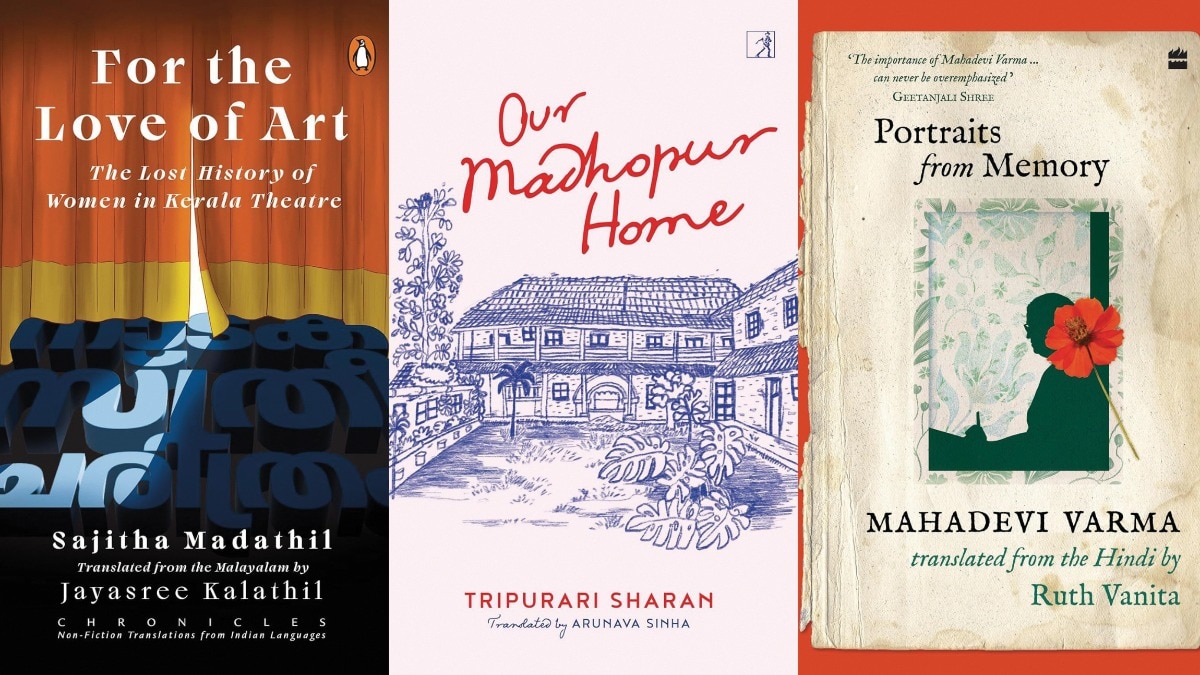
Five powerful reads that echo the spirit of resistance and renewal
From Susan Sontag’s incisive essays to Han Kang’s lyrical urgency, each book on this list honours the Women’s Day theme of rights, equality, and empowerment by spotlighting voices that refuse to be silenced.


This year’s Women’s Day theme—Rights, Equality, and Empowerment—feels more urgent than ever. It calls for a future where these core values are not just aspirations but a reality for women. Literature—as it always has—played a crucial role in times of change—acting both as a mirror and a map; which is why Susan Sontag’s On Women serves as a visceral starting point to this list.

A provocative collection of essays and interviews, Sontag’s work examines the hardships and indignities women encounter as they age, and it investigates the interplay between women’s liberation and class struggle. Sontag reveals her relentless curiosity, meticulous historical insight, and robust political perspective that makes her writing intricate and wholesome.

Following Sontag’s examination of women’s struggles and societal roles, Hysterical: Exploding the Myth of Gendered Emotions by Pragya Agarwal explores how our interpretation and expression of feelings have long been shaped by gender norms, dating back to ancient Greek and Roman times, and persisting today despite advances in equality. This book picks apart the ancient, suffocating scripts that label women ‘hysterical’ and men ‘rational’, dissecting how these stereotypes silence voices asking us to imagine a world where emotions aren’t gendered cages but shared languages.

In a similar spirit of challenging established narratives, Han Kang’s We Do Not Part shifts the focus to a dramatic personal journey, where Kyungha (the protagonist) gets an urgent call from her friend Inseon—who’s hospitalised in Seoul after an accident—pleading to rescue her cherished bird, Ama, on Jeju Island. Battling a snowstorm and harsh winds as night falls, Kyungha races against time, unsure if she can save the pet or survive the cold. Completely unaware of the darkness looming at Inseon’s home, she moves through swirling snow blending dreams and reality. This book revives a forgotten chapter of Korean history, celebrating life’s fragility in the face of violence.

This theme of history intruding on the present is echoed in Anita Desai’s Rosarita which follows the story of Bonita—an Indian student studying Spanish in San Miguel, Mexico. Alone in this unfamiliar place, she enjoys a sense of peaceful detachment. Bonita’s peace is disrupted when a woman claims that she knows her mother who journeyed from India to Mexico as a young artist. Bonita denies this, asserting her mother never painted nor travelled to Mexico, yet the woman persists—drawing Bonita into a tale where the past threatens to reshape the present.

Similarly, Pure Sequence: A Story Of Growing Old Gracefully Or Otherwise by Paro Anand explores how personal history influences life in later years. Rather than following a traditional structure, Anand’s narrative examines women in their twilight years, who carry the wisdom of their past, cherish the present, and face the future with resilience. The book touches on common realities that confront us all—those who leave their parents to lead their own lives; those whose children are flying out of the nest; those who are forced into believing that their life is done behind them; to those who admire the strength and fortitude of their grandmothers
All images: Courtesy Amazon.in, Penguin Random House India, and Roli Books
Also read: April watchlist—what to watch before the spoilers hit










